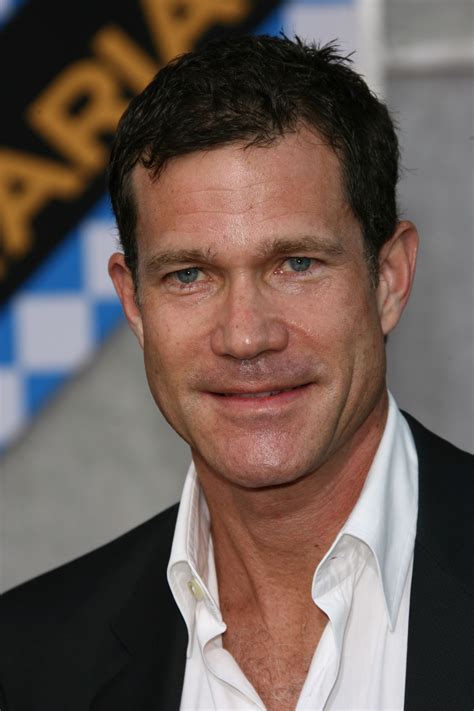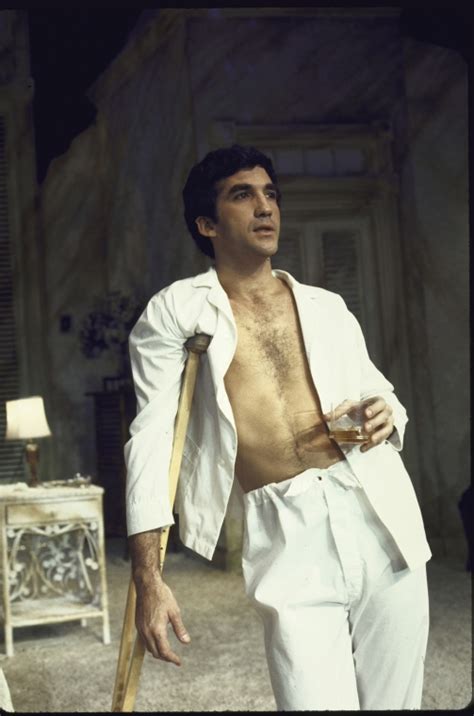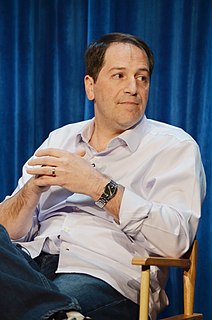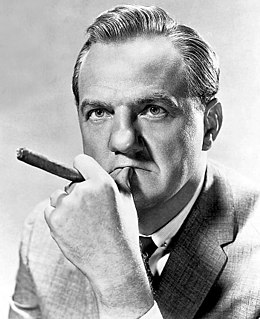A Quote by Jim Beaver
When you're not the lead on a series, you work intermittently, even if you're in every episode.
Related Quotes
We do want the freedom to move scenes from episode to episode to episode. And we do want the freedom to move writing from episode to episode to episode, because as it starts to come in and as you start to look at it as a five-hour movie just like you would in a two-hour movie, move a scene from the first 30 minutes to maybe 50 minutes in. In a streaming series, you would now be in a different episode. It's so complicated, and we're so still using the rules that were built for episodic television that we're really trying to figure it out.
I think as of right now, we're not hiring an individual to be a series regular and be in every episode to replace her. We're dealing with what we have, and some of it has to do with, as shows get older - I'm learning this as a new to a long lasting series - you start to have maybe some budgetary pressures over time, as people's salaries go up.
The only episode which was completely my idea was for Mitch Pileggi, the actor who portrays Skinner, the Assistant Director of the FBI. He appears often in the series, but only for a few scenes. You know virtually nothing about him. I wanted him to have an episode that was his alone, so I wrote Avatar for him. He even has a scene that's pretty . . . hot [knowing smile]. He was very happy.




































